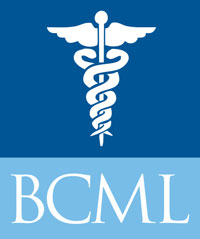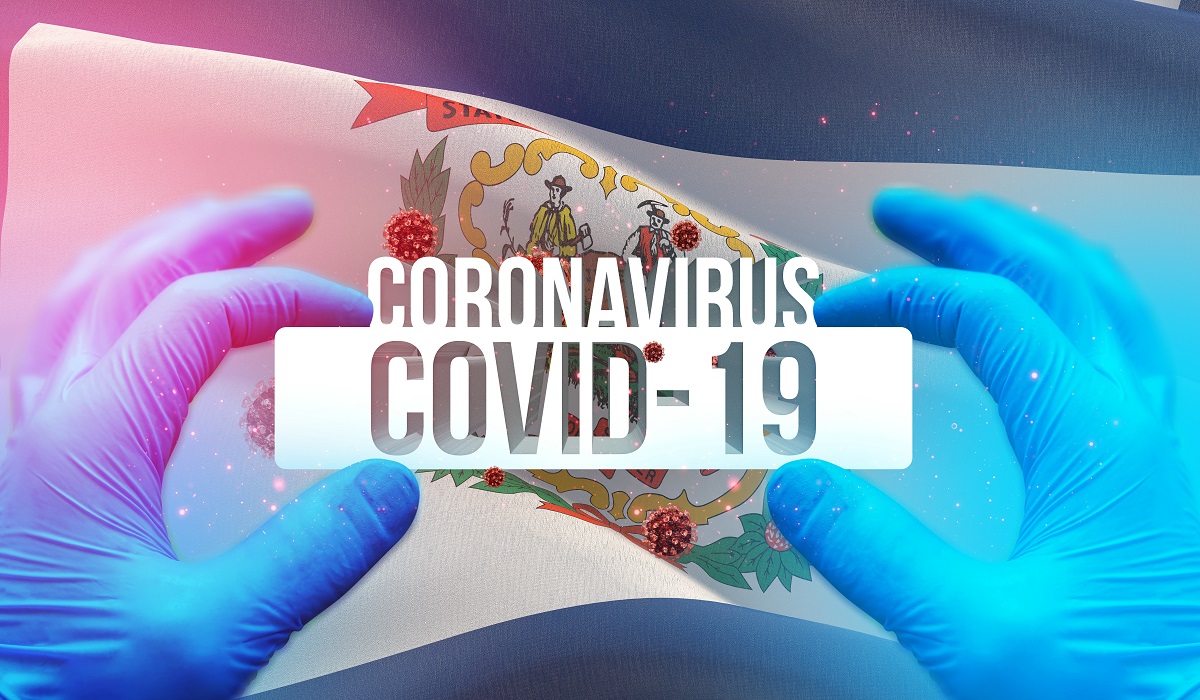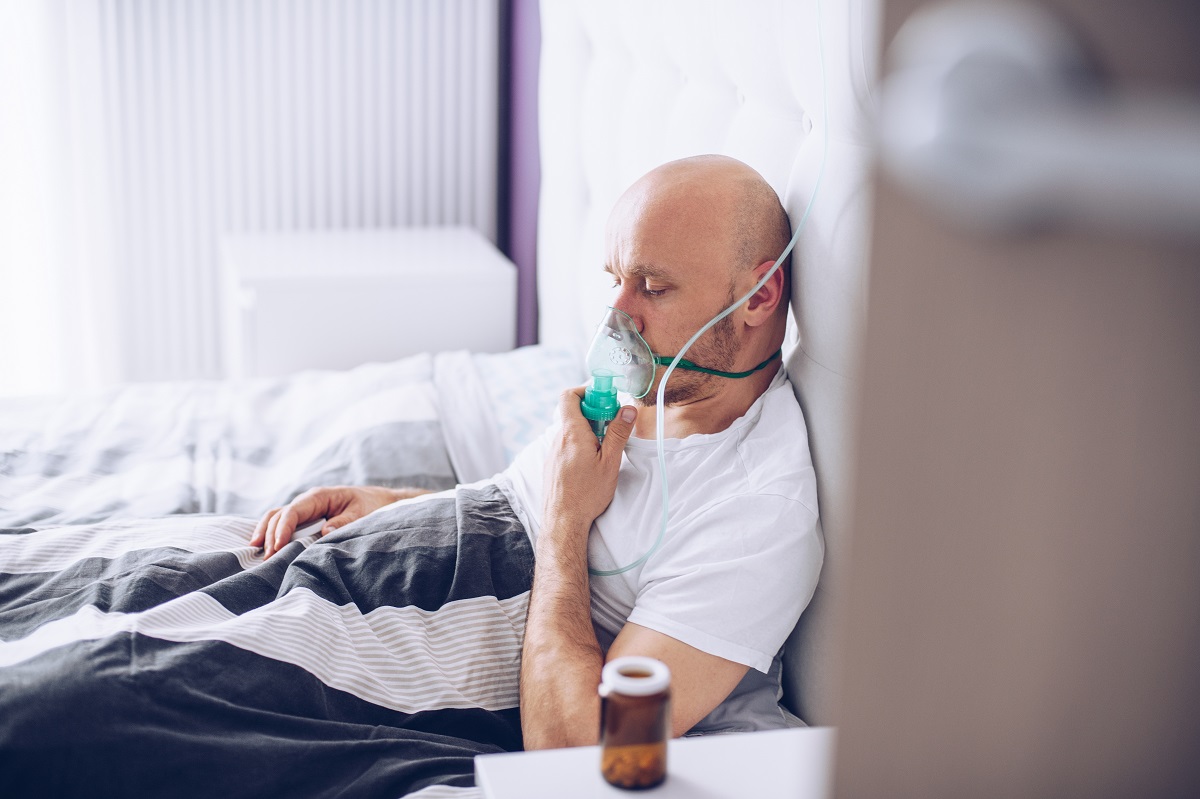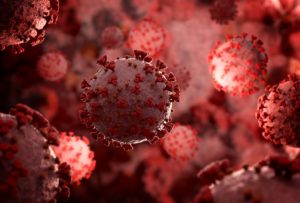
What are the Coronavirus Symptoms?
Much is still being learned about Covid-19 including why it causes severe, life-threatening issues in some patients but only mild symptoms in others. According to the CDC, there are coronavirus symptoms that are most commonly experienced or associated with the virus, these include:
- Difficulty tasting and smelling
- Difficulty breathing and/or shortness of breath
- Cough
- Fever and chills
- Muscle pains and headaches
- Painful sore throat
When should I seek medical help for Coronavirus Symptoms?
With our hospitals working to keep up with new Covid-19 patients, it is best to avoid going to the hospital if you can. However, if you experience more extreme symptoms, it is time to seek professional help. Severe symptoms include:
- Difficulty thinking and confusion
- Difficulty breathing
- Chest pain, heaviness or pressure that does not go away
- A bluish tint to your lips or face (could indicate you are not getting oxygen)
How to Seek Help for Covid-19 Symptoms
If you are experiencing extreme symptoms, it is time to call 911 and/or go to the hospital. Worsening symptoms, extreme difficulty breathing and a fever that won’t break could all be worth a trip to the emergency room.
However, if you are not experiencing emergency symptoms, it is best to call your primary care physician. They can discuss your symptoms over the phone and advise you on next steps. Whenever possible, call ahead before you go into the doctor’s office.
Your doctor can advise you on whether or not it is necessary for you to go to the emergency or give you treatment options you can do at home. If the physician advises you to stay home, this limits the spread of the virus and lessens the number of people that can be infected by you.
Best Tips for Avoiding Coronavirus Symptoms
Ideally, the most effective way to avoid coronavirus is to stay home and avoid other people. However, if you must go out, there are preventative measures that will help keep you and others safe. These include:
- Use hand sanitizer properly: Hand sanitizer is best reserved for when you do not have access to soap and water which are more effective at killing the virus. To use sanitizer properly, make sure to cover every part of your hands and rub it into your skin until the sanitizer is fully dry.
- Wear a mask: Ideally, an N95 mask is the most effective at preventing the spread of Covid-19. However, any mask works better than no mask at all. Wearing a mask will not only help reduce your chances of contracting the virus but also prevent you from spreading the disease if you have it.
- Wash your hands properly: You should wash your hands frequently especially after handling items outside your home and before you eat or drink anything. To wash your hands properly, fully lather soap over both hands for 20 seconds before rinsing.
- Avoid touching your face: The virus spreads by entering through your mouth or nose. It is good practice to wash your hands before touching your face.
- Give people space: if you absolutely cannot avoid going out, practice social and physical distancing by staying a safe distance (2 meters) away from others.
Staying Safe at the Grocery Store
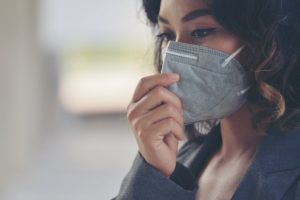
However, could the groceries themselves be exposing you to the virus? Environmental science and microbiology expert, Kristen Gibson PH.D. weighs in on the debate over the safety of food and food packaging when trying to avoid the virus.
Can the virus live on foods and food packaging? Gibson says that there is a very low risk of infection from touching a contaminated object such as a canned good, plastic bag or any other items associated with shopping. This is because Covid-19 is a respiratory virus and has an outer layer that is highly susceptible to drying out.
“Once the lipid bilayer is damaged, the virus is no longer infectious,” says Gibson who also addressed the claim that the virus can live on a surface for hours or days. “These reports come from testing done in an ideal environment for the virus to survive.”
A grocery store, which tends to have relatively low humidity, will quickly dry out the virus if an object has been touched by an infected person. However, while you are unlikely to contract the virus by touching an object, Gibson does recommend washing your hands when you get home from the grocery store and avoiding touching your face until you have done so.
Other grocery tips include:
- Limit your trips to the store: person to person is still the primary way the virus is spread, so try to minimize the times you are out in public.
- Observe social distancing at the store: Gibson recommends staying at least 2 meters away from other shoppers just as you would in any other public space.
- Don’t use reusable grocery bags: Reusable grocery bags are often not washable and can become a potential source of carrying the virus.
- Wash produce with water NOT soap: It can seem logical to scrub down produce with soap, but water will do just as good of a job at cleaning your fruits and veggies without the risk of getting sick from ingesting soap.
- Wash your hands: While the chances of contracting the virus from packaging are low, Gibson recommends washing your hands when you get home from the grocery store and also disinfecting your counters where you may have set grocery bags down.
- Wiping down packaging is optional: Again, it is unlikely that the virus will live on the packaging, but it is safe to wipe an outer package with a disinfectant wipe if you prefer to.
- Write out a shopping list: For your safety and others, it is important to minimize your time in the store. You can do this by preparing a list to help you move through the store quickly.
Treatment and Diagnosis of Covid-19
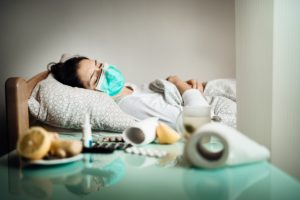
Currently, there is no cure for Covid-19, so managing symptoms and discomfort is the primary goal. Fortunately, most cases will be mild enough that the symptoms will go away on their own. To manage coronavirus symptoms, you should treat them like you would other viruses. This includes getting rest, drinking fluids, and taking an over the counter fever reducer if you are running a fever.
Your doctor may be able to prescribe something for aches, pains and/or fever. If you suspect you have Covid-19, it is best to start with a call to your doctor.
Telehealth Consultations for Coronavirus Symptoms

BCML is offering telehealth consultations Monday through Friday from 11 am to 5 pm. We welcome you to contact us at 416-929-1900 to schedule an appointment. If your symptoms are severe and you are having difficulty breathing, visit or contact your nearest hospital.
